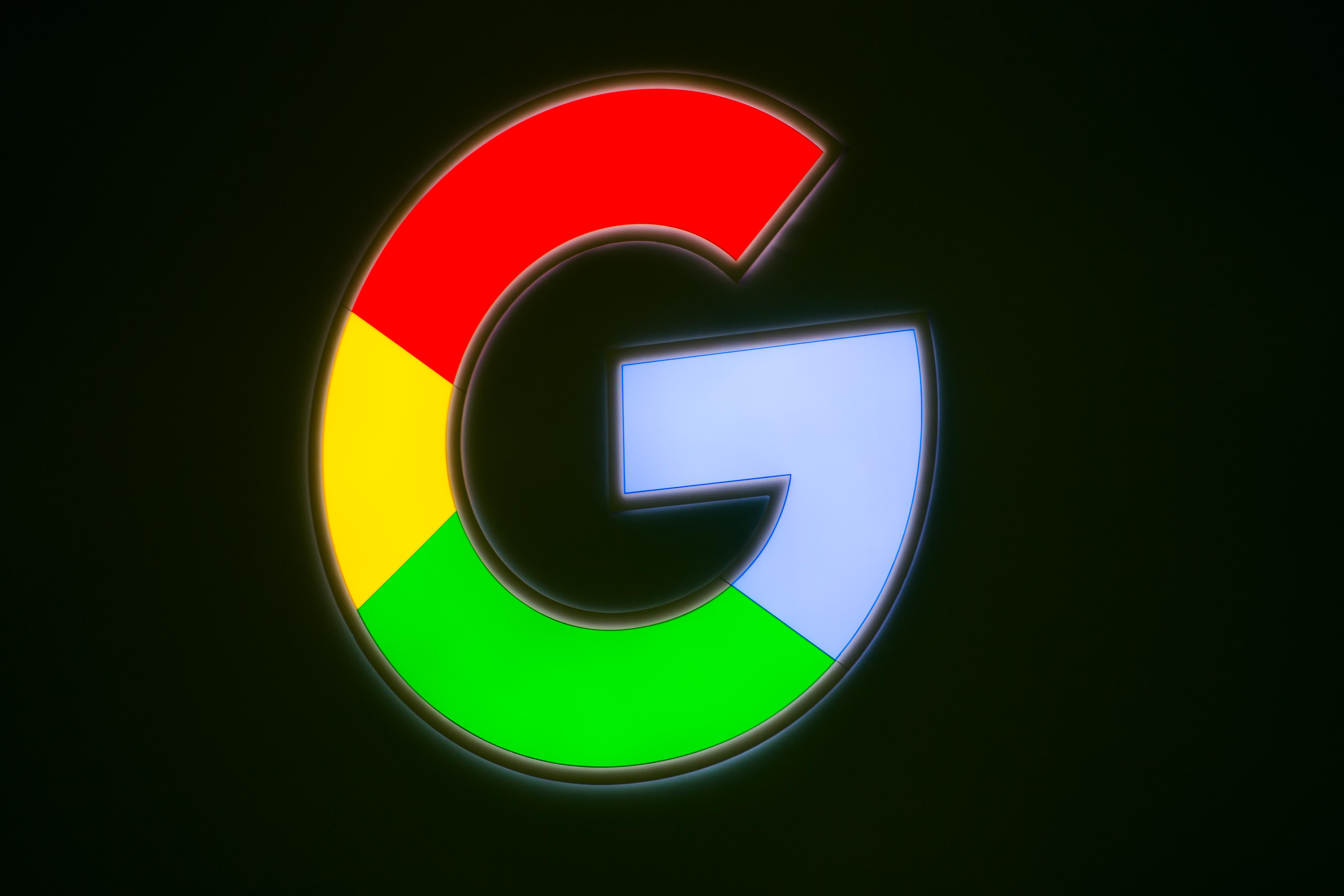Google Chrome update brings ad-blocker by default
Websites will be given 30 days to remove ‘disruptive ads’

A free daily email with the biggest news stories of the day – and the best features from TheWeek.com
You are now subscribed
Your newsletter sign-up was successful
Google’s internet browser Chrome will now automatically block adverts in a bid to improve the way they’re displayed online.
The tech giant revealed in a recent blogpost that the push for “compelling” and “useful” adverts had gone too far, with some web users forced to see ads for ten seconds before accessing the content on a page.
According to BBC News, the Coalition for Better Ads (CBA), a group which includes major companies such as Google and Facebook, will determine which adverts will be barred by the web browser’s ad-blocking programme.
The Week
Escape your echo chamber. Get the facts behind the news, plus analysis from multiple perspectives.

Sign up for The Week's Free Newsletters
From our morning news briefing to a weekly Good News Newsletter, get the best of The Week delivered directly to your inbox.
From our morning news briefing to a weekly Good News Newsletter, get the best of The Week delivered directly to your inbox.
Once the coalition has made a decision, the BBC says websites will be given 30 days to remove “disruptive ads” before the block comes into effect.
The programme will not be the “blanket advertising stopper” that many third-party ad blockers provide, The Daily Telegraph reports.
Instead, the newspaper says, the blocking programme targets “certain types of particularly disruptive adverts”, such as “flashing animated banner ads and auto-playing video adverts with sound”.
When visiting a web page with blocked adverts, Quartz says users see a message in the address bar on their desktop computer or a small window at the bottom of their smartphone screen.
A free daily email with the biggest news stories of the day – and the best features from TheWeek.com
Chrome users can access Google’s ad-blocker on the latest version of the web browser, which is available on PCs and Apple Macs. It can also be downloaded on iPhones and Android devices.
-
 How the FCC’s ‘equal time’ rule works
How the FCC’s ‘equal time’ rule worksIn the Spotlight The law is at the heart of the Colbert-CBS conflict
-
 What is the endgame in the DHS shutdown?
What is the endgame in the DHS shutdown?Today’s Big Question Democrats want to rein in ICE’s immigration crackdown
-
 ‘Poor time management isn’t just an inconvenience’
‘Poor time management isn’t just an inconvenience’Instant Opinion Opinion, comment and editorials of the day
-
 Will AI kill the smartphone?
Will AI kill the smartphone?In The Spotlight OpenAI and Meta want to unseat the ‘Lennon and McCartney’ of the gadget era
-
 Has Google burst the Nvidia bubble?
Has Google burst the Nvidia bubble?Today’s Big Question The world’s most valuable company faces a challenge from Google, as companies eye up ‘more specialised’ and ‘less power-hungry’ alternatives
-
 How the online world relies on AWS cloud servers
How the online world relies on AWS cloud serversThe Explainer Chaos caused by Monday’s online outage shows that ‘when AWS sneezes, half the internet catches the flu’
-
 Is the UK government getting too close to Big Tech?
Is the UK government getting too close to Big Tech?Today’s Big Question US-UK tech pact, supported by Nvidia and OpenAI, is part of Silicon Valley drive to ‘lock in’ American AI with US allies
-
 Google: A monopoly past its prime?
Google: A monopoly past its prime?Feature Google’s antitrust case ends with a slap on the wrist as courts struggle to keep up with the tech industry’s rapid changes
-
 South Korea's divide over allowing Google Maps
South Korea's divide over allowing Google MapsTalking Points The country is one of few modern democracies where the app doesn't work
-
 Google avoids the worst in antitrust ruling
Google avoids the worst in antitrust rulingSpeed Read A federal judge rejected the government's request to break up Google
-
 Is AI killing the internet?
Is AI killing the internet?Talking Point AI-powered browsers and search engines are threatening the death of the open web